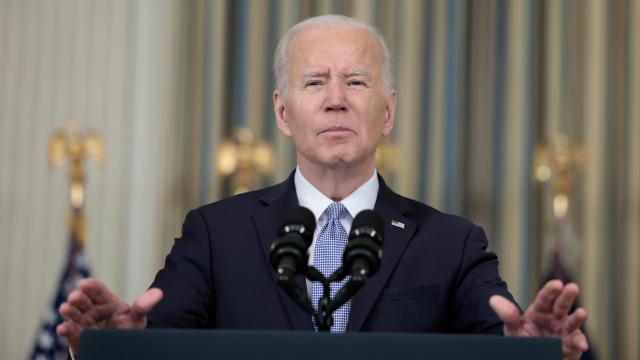U.S. President Joe Biden is set to invoke the Defence Production Act in order to encourage the domestic production of the minerals required for electric vehicles as a way to help America becomes less reliant upon foreign supply chains — something we’ve seen to be increasingly fragile in a world riddled by plague, war, and politics, CNBC reports.
Here’s a little more from the report:
The president’s order could help companies receive government funding for feasibility studies on projects that extract materials, including lithium, nickel, cobalt, graphite and manganese, for EV production.
[…]
“The President will issue a directive, authorizing the use of the Defence Production Act to secure American production of critical materials to bolster our clean energy economy by reducing our reliance on China and other countries for the minerals and materials that will power our clean energy future,” the White House said in a statement on Thursday.
The Department of Defence will impose the authority using “strong environmental, labour, community, and tribal consultation standards,” the White House said. The administration also said it’s reviewing further uses of the law to “secure safer, cleaner, and more resilient energy for America.”
As it currently stands, the DPA likely isn’t going to provide domestic relief any time soon, considering the fact that we’re just starting off with feasibility studies to see if domestic EV battery production is even possible — which it very well could not be.
Other folks have raised concerns about the plan:
Sierra Club President Ramón Cruz said in a statement that the organisation “appreciates President Biden taking steps to invest in clean energy and help further lead the world in the transition.”
“However, it’s essential that this be done properly,” Cruz added. “We must ensure that labour and environmental standards are not sidestepped, nor are the crucial consultations with Tribal nations and communities who would be directly affected.”
The production of battery components, including materials, in America would likely help contribute to the country’s growing electrification goals by streamlining all aspects of EV production — but those goals are still years away.
